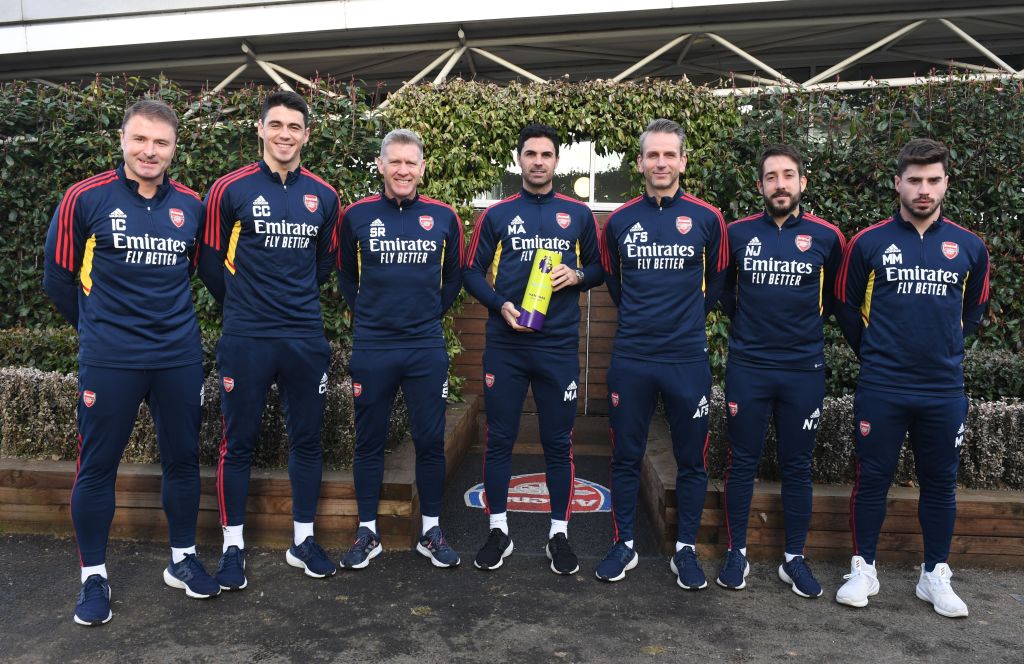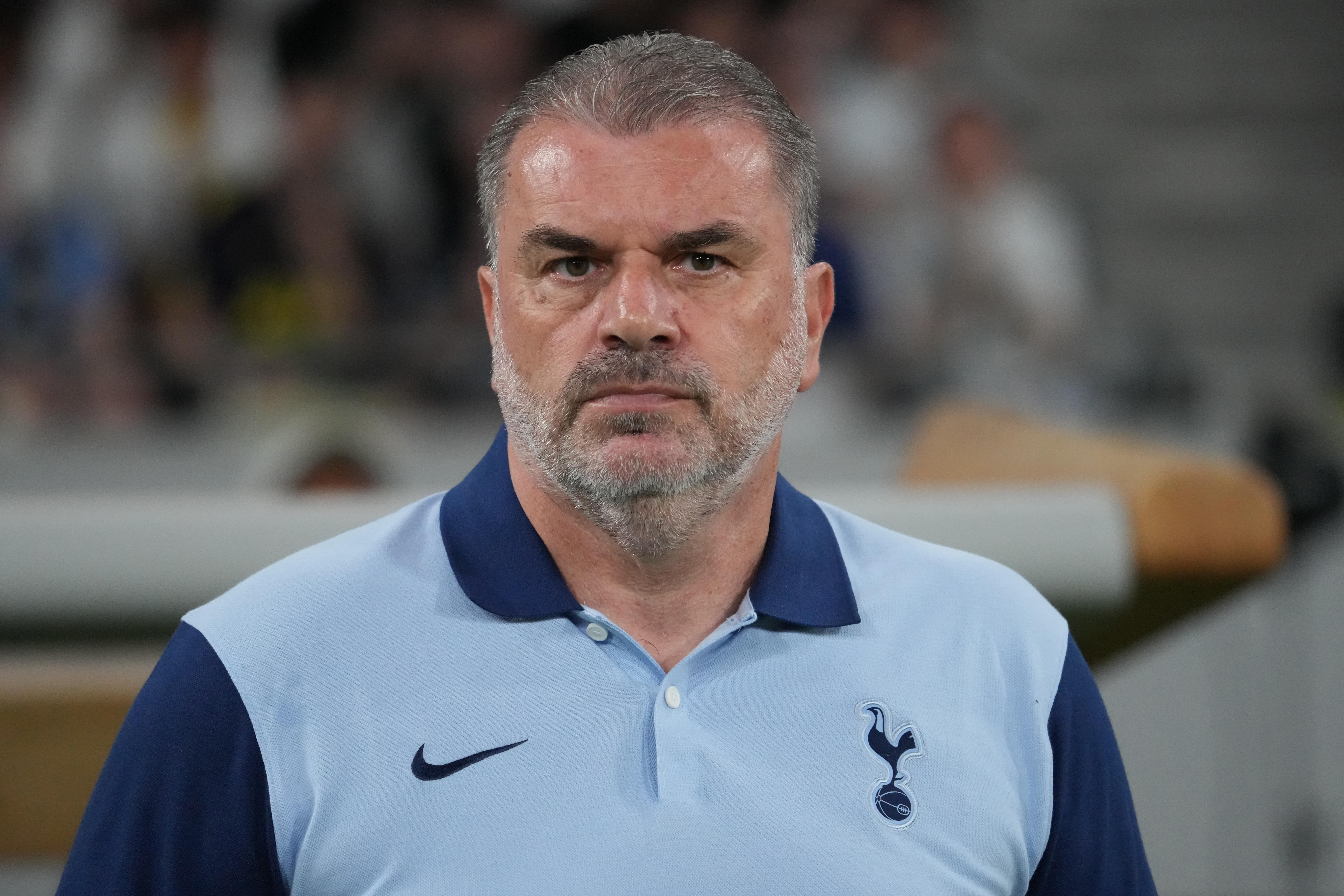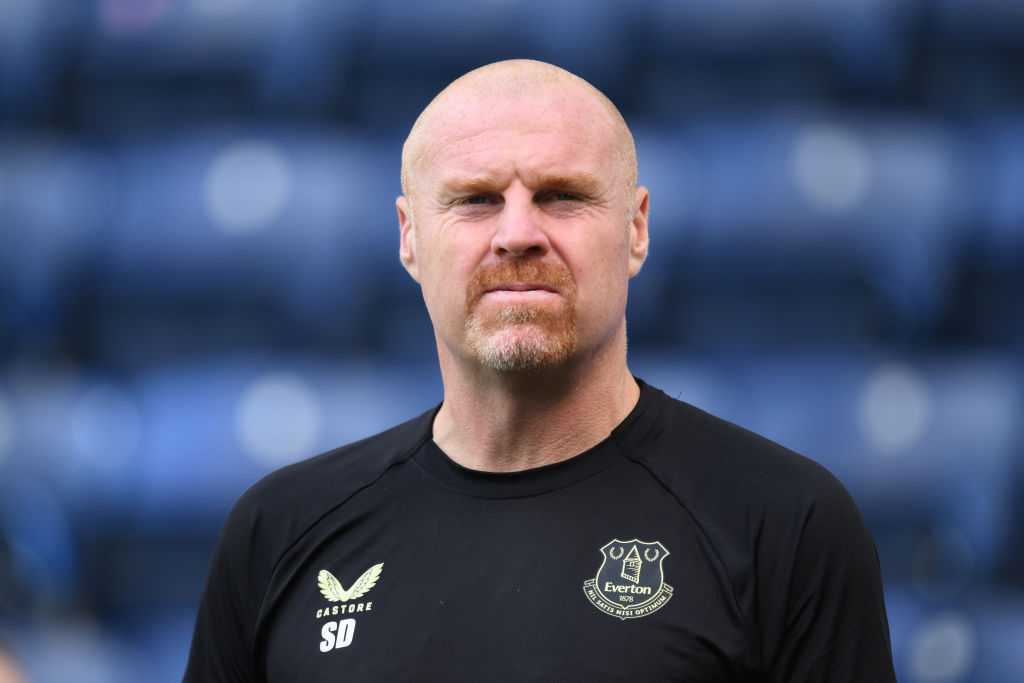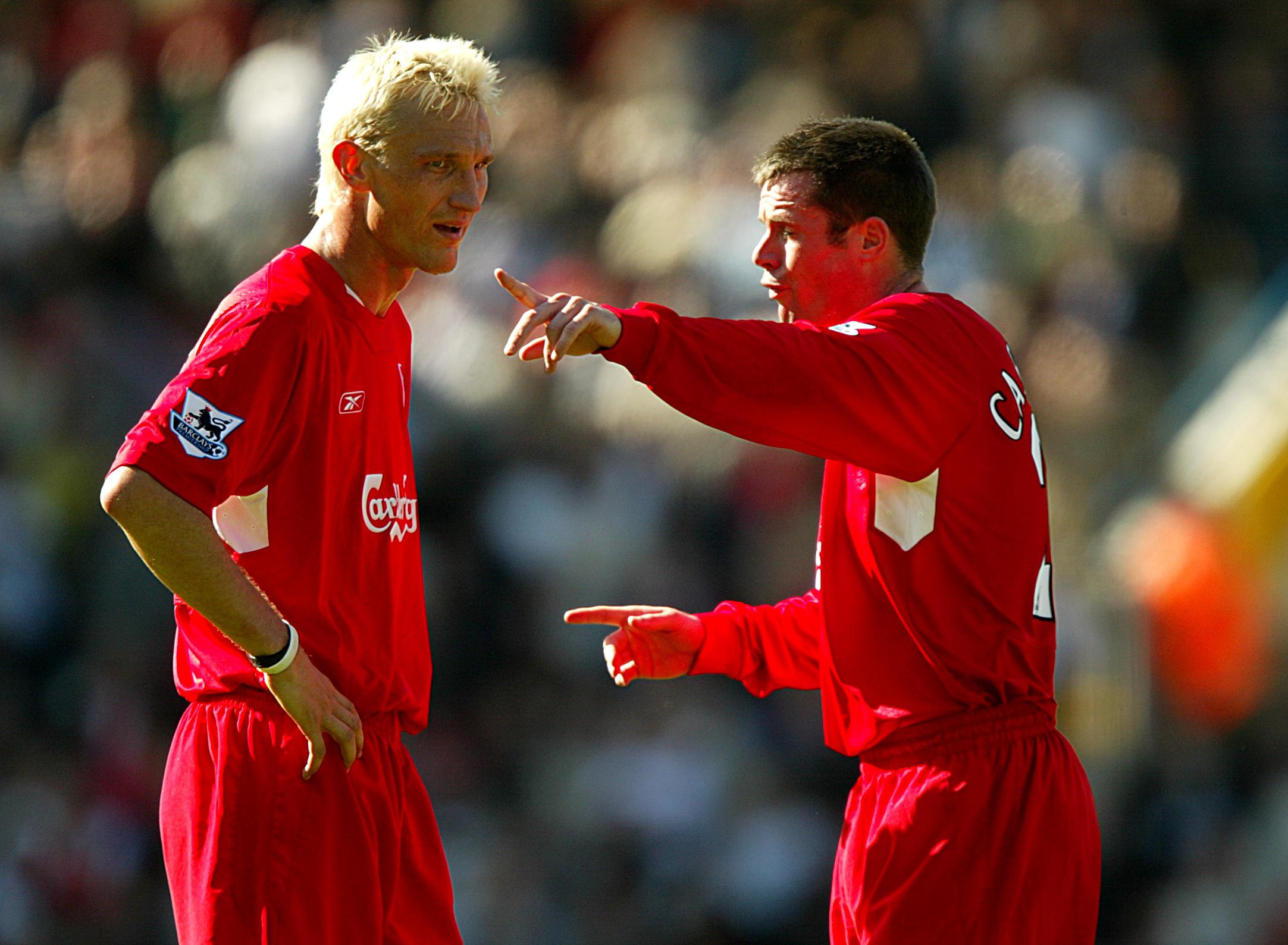[ad_1]
Watch a Premier League game these days, and there’s a fair chance that at some point you will get a lingering shot of a set piece coach sitting in the dugout whenever their team wins a potentially vital corner or free kick.
Compared with more generalised roles, the specific job of set piece coach is relatively new, but has been around long enough to suggest it may be here to stay.
But there’s evidence to suggest that it’s not for everyone – so just how important are set piece coaches to a modern Premier League side?

As far as we can make out, five Premier League clubs currently have dedicated set piece coaches, while others have previously had them in the past but currently have the post vacant – or have decided against hiring another one.
Arsenal’s Nicolas Jover and Aston Villa’s Austin MacPhee have received particular attention this year thanks to their respective sides racking up plenty of goals from dead ball situations, with MacPhee’s efforts particularly inventive.

Chelsea, Ipswich, Leicester City and Wolverhampton Wanderers all followed suit by appointing new set piece coaches this summer.
Bernardo Cueva moved to Chelsea from Brentford, Ipswich took Mark Hudson from Sheffield United, Leicester brought in Andrew Hughes from Norwich, and Wolves appointed Manchester City analyst Jack Wilson – although his stint proved to be short-lived, which we’ll get to later. MacPhee meanwhile stepped down from his second job working with the Scottish national team, partly for family reasons and partly due to Villa’s rise to Champions League prominence.
Looking at the backgrounds of those currently in set piece coaching roles, there is a suggestion of two hotbeds of set piece coaching.
Of the five set piece coaches currently in the Premier League, Jover and Cueva both had spells working with Thomas Frank at Brentford, while Hudson and Hughes both worked under David Wagner at Huddersfield Town (with Hughes linking up with Wagner again at Norwich). Just to square the circle, Brentford were reportedly keen to bring in Hughes before he moved to Leicester.
VIDEO Why Thomas Tuchel Is PERFECT For England
Wagner last year spelt out why he puts such emphasis on dead ball coaching, telling The Pink Un: “The special thing on a set piece is you dictate when, and how, the situation starts. Nobody else. This is the special thing. And obviously, then there are many different scenarios you can create as an attacking team.
“It’s a very interesting challenge, a very interesting task, where there is big improvement possible. Go back 20 years ago and it was maybe the goalkeeper coach. Not a lot of football clubs then had the sport science or nutritionists.
“Now set pieces play such a big, big part, and everybody knows it. We started to get specialists in this area in the last three or four years and it is more common.”
In reality, though, it’s never down to just one person to do it all, even for those clubs with specialists in-house. Every club has an analytics department who will pore over every detail of the game, including set pieces, while numerous managers have talked about the importances of collaboration. A good idea is a good idea, no matter where it comes from.

Crystal Palace boss Oliver Glasner, for instance, said upon his arrival in February: “For me, it’s not saying ‘you are responsible for set-pieces’ and ‘you are not allowed to say something about it’. We were all sitting here and discussing for several hours about the whole situation – everybody can have a good impact and then I take a decision.”
Tottenham’s Ange Postecoglou, meanwhile, said in April: “I’ve never had a specific set-piece coach … I always think it’s better if that’s somebody who’s a part of the coaching staff because then that’s an extension of how we play our football. I don’t separate set pieces from everything else we do.
“It’s just not how I work. I always try to create a collective environment for everything we do, so that nothing is separated. I wouldn’t feel comfortable bringing in specialists for one particular area, just for the way I work more than anything else.”
We might point out that Tottenham had a middling record on set pieces last season, while nobody scored fewer than Palace’s five dead ball goals – but then, hiring a specialist is not a magic bullet, either.

There are other sides who have thrived on set play scenarios without a set piece coach – Sean Dyche’s Everton, for instance, outscored everyone except Arsenal from dead balls last season and have the joint-best such goalscoring record in the division this season too.
Wolves felt they were not getting enough out of Wilson’s introduction to the coaching team and called time on his role after just a few months in the job. Gary O’Neil’s side have scored just one set piece goal this season, conceding seven – though that includes John Stones’ late winner for City on Sunday following Wilson’s departure.
Nottingham Forest, meanwhile, lost set piece coach Simon Rusk in the summer after only seven months in the job, as he went off to become Southampton’s under-21s head coach. They conceded the most set piece goals in the Premier League last season and have not, to date, hired a replacement for Rusk; they have conceded just one goal from dead balls this season.
The two crucial factors for how much you are likely to get out of a set piece coach seem to be whether you already have somebody in the building with a good mind for setting up for set pieces – and, most importantly, whether or not you have the players to make it a success.

There are some players who will always thrive off corners and free kicks – Steve Bruce, Harry Maguire, Gabriel Magalhaes – and others who rarely to be on the scoresheet despite going up for the exact same corners in the exact same team: Jamie Carragher only ever notched four in 737 games for Liverpool, while partners Martin Skrtel and Sami Hyypia got 53 between them in 784 appearances.
Huddersfield’s Matty Pearson is a current example from the lower leagues: a solid, dependable centre-back who chips in with more than his share of goals, reaching double figures for three different clubs over his career.
When we asked Pearson about that recently, he was keen to credit the work that went into those routines on the training ground (‘It’s not a case of just turning up and thinking it’s just going to happen’), but acknowledged: “It must be something that I’ve got. I think it’s probably just an instinct – you’ve sort of got it, you’re good at getting on the end of things, and you need a bit of luck along the way as well.”
And in your own box, as Wagner put it: “Defensively, the biggest thing is to defend your goal and win the first contact. More often than not the percentage success is much higher if you can do that.”
And if you don’t have players who can win those contacts at either end of the pitch…well, the whole thing’s a non-starter, isn’t it?
[ad_2]
Source link





